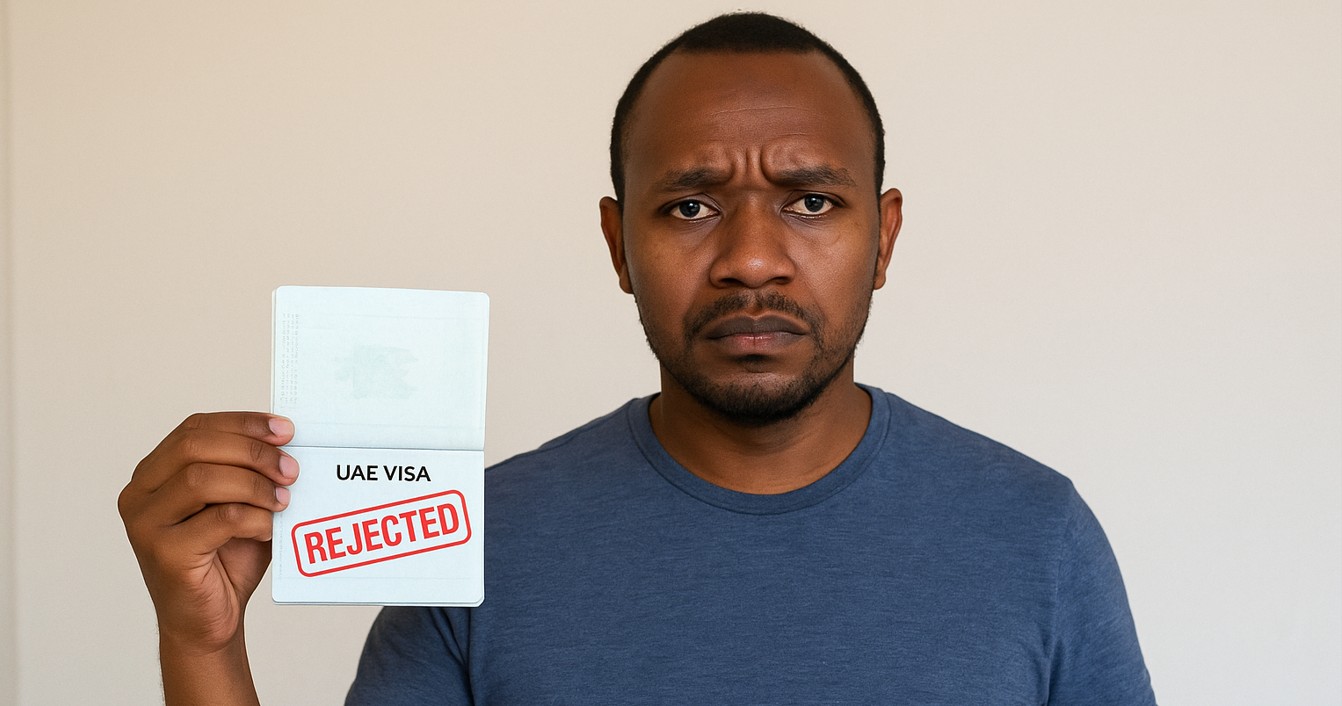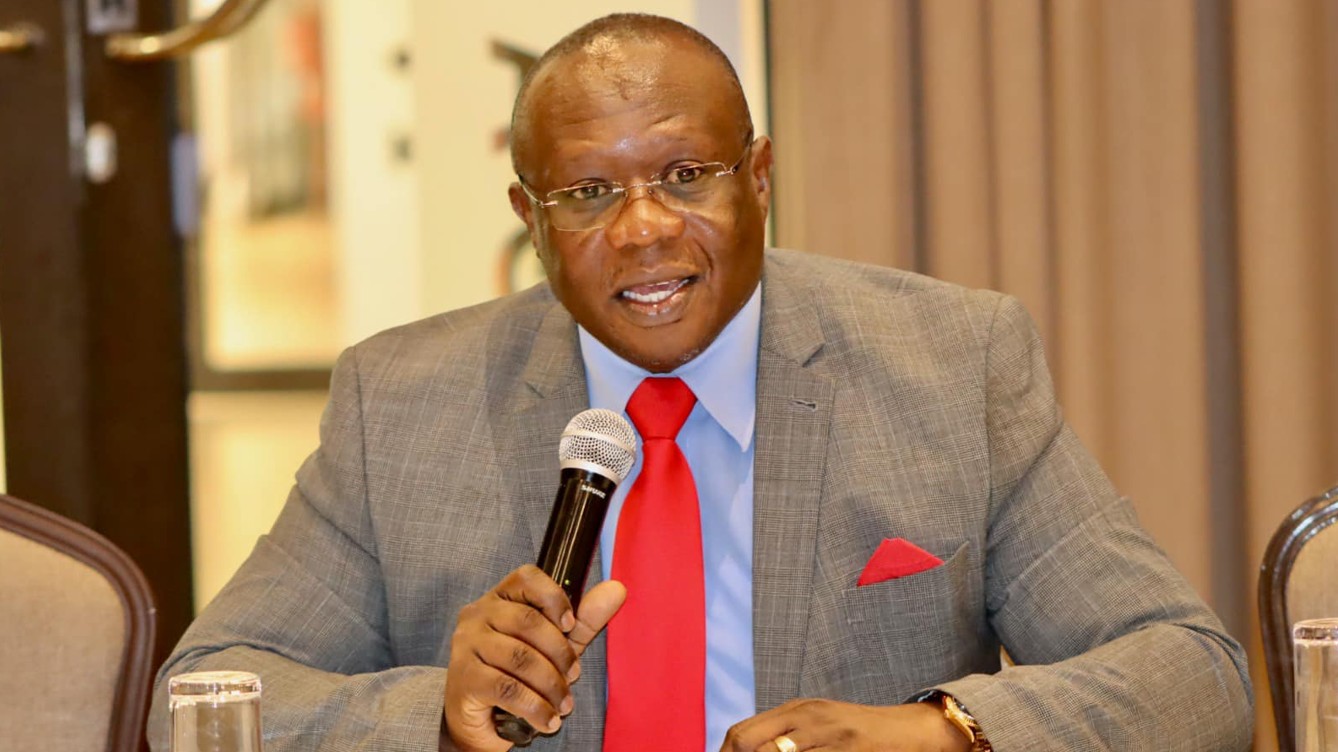City resident petitions court to scrap retirement age

Charles Chege wants the court to declare the requirement in both the private and public sectors unlawful to allow those able and willing to work till they die or become senile.
A Nairobi resident has petitioned the High Court to declare the mandatory requirement for employees to retire at the age of 60 as discriminatory and unconstitutional.
Charles Chege wants the court to declare the requirement in both the private and public sectors unlawful to allow those able and willing to work till they die or become senile.
More To Read
- Public service advocates to get special allowances from July 1 after court ruling
- FKE warns of job losses as high taxes force business closures, urges relief in budget
- Court to rule on halt of prisons recruitment, suspension of national budget-making process
- Proposed Bills seek to place civil service under presidential control
- Employers’ federation faces criticism for delaying wage increase promised by President Ruto
- Former Nyeri DG Karugu, ex-NMS health boss Oluga among 14 Ruto nominees to PSs
The petitioner argues that the right to work should not be understood narrowly to mean limitations by retirement age but should be interpreted purposely for the greatest positive effect.
Chege has listed the Attorney-General, the Public Service Commission (PSC) and the Federation of Kenya Employers (FKE) as respondents in the petition.
The PSC requires workers to retire at the age of 60, with persons with disabilities getting an extra five years, regulations which Chege says the FKE has adopted with no legal basis.
The commission allows lecturers and research scientists serving in public universities, research institutions or equivalent institutions, as determined by the commission in consultation with these institutions, to work after attaining the age of 60. Chege wants this option made available to all workers.
The petitioner has asked the court to agree and find that forcing one to retire after attaining a certain age is discrimination based on age and thus goes against the constitutional rights of human dignity, fair labour practices, and full participation in societal affairs.
"Further, under Article 28 of the Constitution, every person has inherent dignity and the right to have that dignity respected and protected. Article 43 of the Constitution provides for the economic and social-cultural rights," he notes.
"Among other rights, every person has the right to the highest attainable standards of health, which includes the right to health care services, including reproductive health care. Further, the provision provides for the right to economic empowerment."
Top Stories Today











































